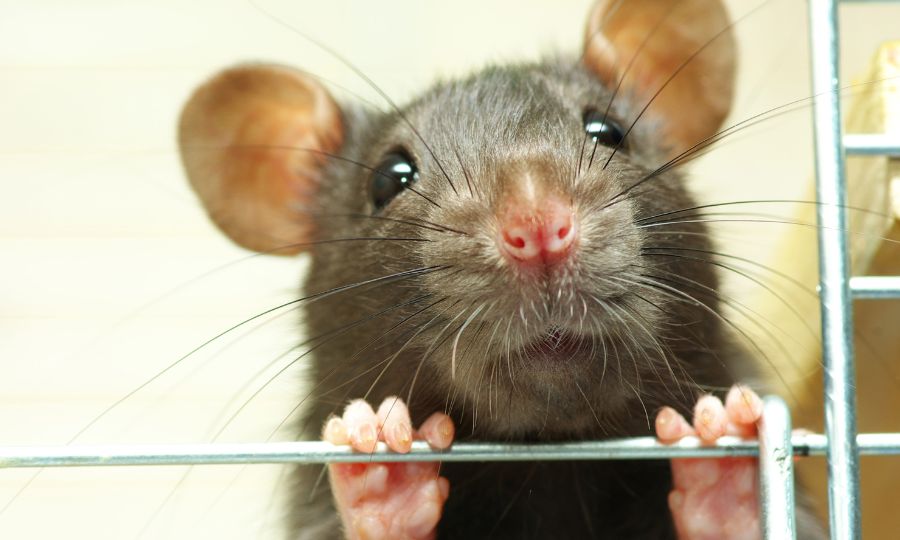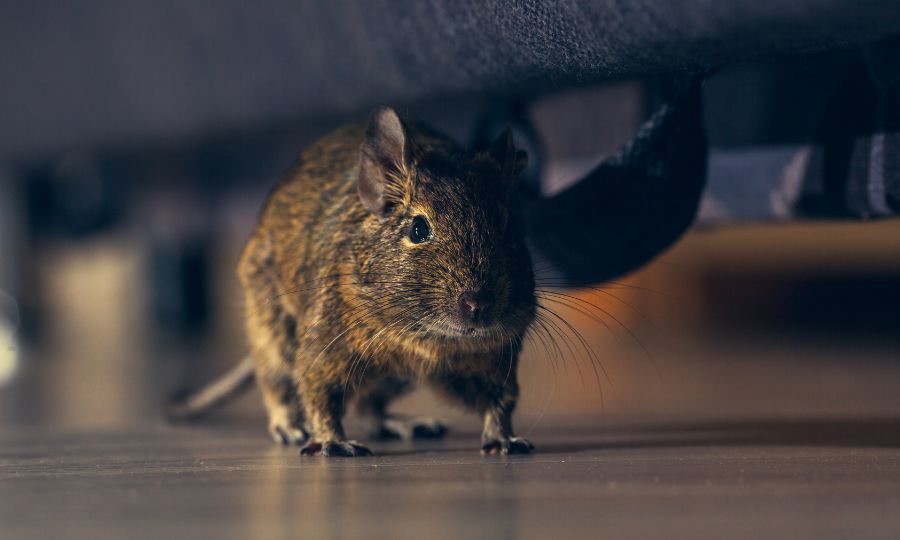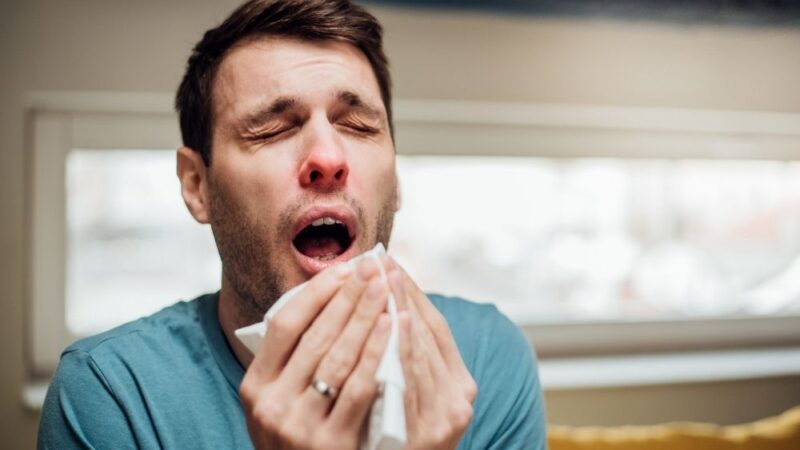How Rodent Infestations Affect Health: What Every Homeowner Should Know

Rodents-rats and mice-are more than just a nuisance scurrying across your floors at night. They can have serious implications for your health, spreading diseases, triggering allergies, and contaminating food.
Many homeowners underestimate the risks until it’s too late. If you want to protect your family and maintain a safe home, understanding the health risks of rodent infestations is crucial.
Rodents Spread Dangerous Diseases
Rodents are carriers of various pathogens that can affect humans directly or indirectly. Some of the most common illnesses associated with rodent infestations include:
- Hantavirus: A severe respiratory disease transmitted through rodent droppings, urine, or saliva.
- Salmonella: Bacteria that can contaminate food and surfaces, causing stomach infections.
- Leptospirosis: Spread through rodent urine, this bacterial infection can lead to kidney or liver damage.
- Lymphocytic Choriomeningitis Virus (LCMV): Rare, but can cause neurological issues.
Even a few rodents in your home can expose your family to these diseases, especially in kitchens, pantries, and areas where food is prepared.
🐀 Fun Fact
Did you know that rats laugh when tickled? Scientists discovered that rats emit high-pitched “chirps” during playful interactions that are similar to laughter in humans.
Allergies and Asthma Triggers
Rodent dander, droppings, and urine are potent allergens. Children and adults with asthma or respiratory conditions may experience:
- Wheezing and shortness of breath
- Persistent coughing
- Nasal congestion or sneezing
- Skin irritation in severe cases
Even if you don’t notice rodents immediately, lingering allergens from previous infestations can continue to impact your indoor air quality.

Contamination of Food and Water
Rodents are opportunistic eaters. They contaminate food by:
- Chewing through packaging
- Leaving droppings or urine in stored food
- Spreading bacteria from dirty surfaces
A single rat can ruin entire pantries, making stored food unsafe to eat and increasing the risk of gastrointestinal infections.
Surprising Facts About Cockroaches You Didn’t Know
Psychological Stress and Anxiety
Living with a rodent problem isn’t just physically harmful-it can also affect your mental health. The constant fear of encountering rodents can lead to:
- Anxiety and sleep disturbances
- Stress over contamination and health risks
- Emotional distress, especially in households with children
Studies have shown that even minor infestations can trigger chronic stress, affecting overall well-being.
Property Damage and Secondary Health Risks
Rodents don’t just carry disease-they can damage your home, creating secondary health risks:
- Chewed wires can cause electrical fires
- Damaged insulation can expose harmful materials like fiberglass
- Structural damage from gnawing or burrowing can increase mold or mildew growth, which in turn affects respiratory health
How to Protect Your Home and Health
The good news is that rodent-related health risks are preventable. Here’s how:
- Seal Entry Points: Block gaps, vents, and cracks where rodents can enter.
- Maintain Cleanliness: Keep kitchens, pantries, and dining areas free from crumbs and spills.
- Proper Food Storage: Use airtight containers for grains, cereals, and pet food.
- Remove Clutter: Rodents love hiding in boxes, piles, and unused furniture.
- Dispose of Garbage Regularly: Keep trash sealed and away from your home’s foundation.
- Use Traps and Baits: Sticky traps, snap traps, and bait stations help reduce rodent populations.
- Call Professional Pest Control: Persistent infestations require experts who can safely eliminate rodents.
Final Thoughts
Rodents are not just an inconvenience-they’re a serious health risk. From spreading diseases to triggering allergies and even causing property damage, their presence in your home should never be ignored. By understanding the dangers and taking proactive steps, you can protect your family, your home, and your peace of mind.
Remember: prevention is always better than cure, and a clean, well-maintained home is your first line of defense against rodent-related health issues.
FAQs
1. How do rodents affect human health?
Rodents can spread several diseases to humans directly through contact with their urine, droppings, saliva, or bites. They can also transmit infections indirectly through ticks, fleas, and mites that live on them. Common rodent-borne diseases include Hantavirus, Leptospirosis, Salmonellosis, and Lymphocytic Choriomeningitis (LCMV). These illnesses can cause flu-like symptoms, respiratory issues, and even serious complications if left untreated.
2. What are the effects of rodent infestation?
A rodent infestation can lead to both health hazards and property damage. Aside from spreading disease, rodents contaminate food and surfaces with bacteria, gnaw on electrical wires (increasing fire risks), and damage insulation or furniture. Their nesting habits can also block ventilation systems and cause foul odors, reducing overall hygiene and comfort in your home.
3. Can rodents cause damage?
Yes, rodents are known for their constant chewing, which they do to keep their teeth from growing too long. This behavior can cause serious damage to electrical wiring, wooden structures, plastic pipes, and furniture. Over time, this can lead to costly repairs, short circuits, and even potential fire hazards if not controlled promptly.
4. Is rodent feces a health hazard?
Absolutely. Rodent feces contain harmful pathogens that can become airborne when disturbed, posing a risk of respiratory infections. Inhaling particles from dried droppings can lead to diseases like Hantavirus Pulmonary Syndrome and Salmonella. Always wear gloves and a mask when cleaning rodent droppings, and disinfect the area thoroughly to prevent contamination.


